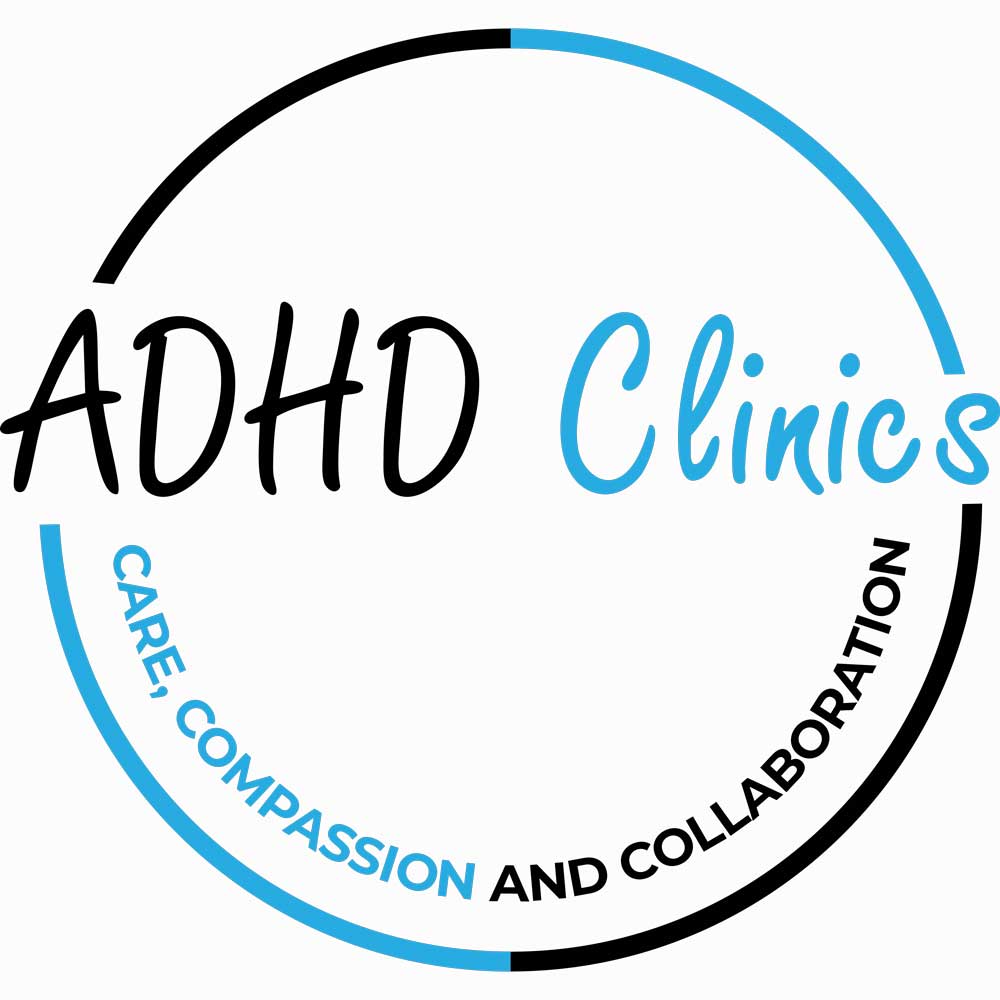ADHD is a neurodevelopmental condition characterized by symptoms of inattention and/or hyperactivity and impulsivity.
Childhood ADHD
Childhood Attention Deficit Hyperactivity Disorder
– Organisation
– Struggling in education or at work
– Time management
– Forgetfulness
– Impulsivity
– Procrastination
How many types of ADHD are there?
ADHD
Depending on the type and severity of symptoms, ADHD is categorised into 3 types:
– Inattentive type where the majority of the symptoms are of issues with attention, focus and concentration.
– Hyperactive/impulsive type where the majority of the symptoms are of hyperactivity and/or impulsivity.
– Combined type, in this case the patients tend to have a significant number of both hyperactive/impulsive and inattentive symptoms.
How does ADHD develop?
The symptoms usually start in early life, and tend to be apparent before the age of 12.
What causes ADHD?
There are no known direct causes of ADHD, but similar to other mental health conditions, ADHD cause is likely to be multifactorial. Research has shown that there is a hereditary component, and the issue lies in the working of certain neurochemicals in the brain. Some life circumstances may lead to experiencing symptoms of ADHD.
There are some known risk factors, including premature birth, low birth weight, epilepsy, and brain damage.
There is often comorbidity with other mental health conditions such as anxiety, depression, and other neurodevelopmental disorders such as Autism. Tic disorders are also found to coexist with ADHD.
Why get assessed and treated?
Undiagnosed and untreated ADHD can have a negative impact on both mental and physical health. ADHD can lead to underachievement in education and issues with home life.
The children tend to have low self-esteem as they are not sure why they find some things difficult when others do well with minimal effort.
Accurate diagnosis and treatment can improve careers and lives. The benefits can be :
– Understand the reasons for their struggles.
– Improve self-esteem
– Receive effective treatments
– Seek appropriate provision to support education and employment
How to get assessed and treated?
There is no laboratory investigation for diagnosing ADHD. The diagnosis is based on a detailed clinical assessment. This assessment is usually carried out by psychiatrists who have specialist training and expertise in ADHD. The process includes comprehensive clinical interview, rating scales and collateral information.
There are 2 ways to get assessed:
Book an appointment with your GP, discuss your concerns and your GP might refer you for an assessment to your local NHS psychiatric service or a private service like us.
Or
Contact us directly we do accept self referrals, we will do all we can to get you assessed and treated.
Treatment
If you get diagnosed with ADHD, and want to get treated, there are options available of medicines, CBT, counselling and coaching. The option, or a combination of choices will depend on the severity of the condition, psychiatrist’s opinion and your choice.
Other interventions:
– Adjustments under the Equality Act 2010, education facilities and workplace are required by law to make reasonable adjustments to support you
– Psychoeducation for understating the condition for yourself and family members
– Joining reputable ADHD groups, and online forums
– Stopping drugs and alcohol
– Exercise
– Balanced diet
Comorbid mental health conditions
ADHD can occur along with a whole range of other mental health issues like Autism, tics disorder, anxiety, depression, personality disorder, and substance misuse etc.
If our psychiatrists were to find indicators or the presence of these, they would be happy to offer further assessment and treatment, if indicated. They may also signpost you to other relevant services or resources.
Disclaimer
The above is for information, not advice.
The content is provided for general information only. It is not intended to, and does not, mount to advice which you should rely on. It is not in any way an alternative to specific advice.
You must therefore obtain the relevant professional or specialist advice before taking, or refraining from, any action based on the information above.
If you have questions about any medical matter, you should consult your doctor or other professional healthcare provider without delay.
If you think you are experiencing any medical condition you should seek immediate medical attention from a doctor or other professional healthcare provider.
Although we make reasonable efforts to compile accurate information and to update the information, we make no representations, warranties or guarantees, whether express or implied, that the content above is accurate, complete or up to date.
